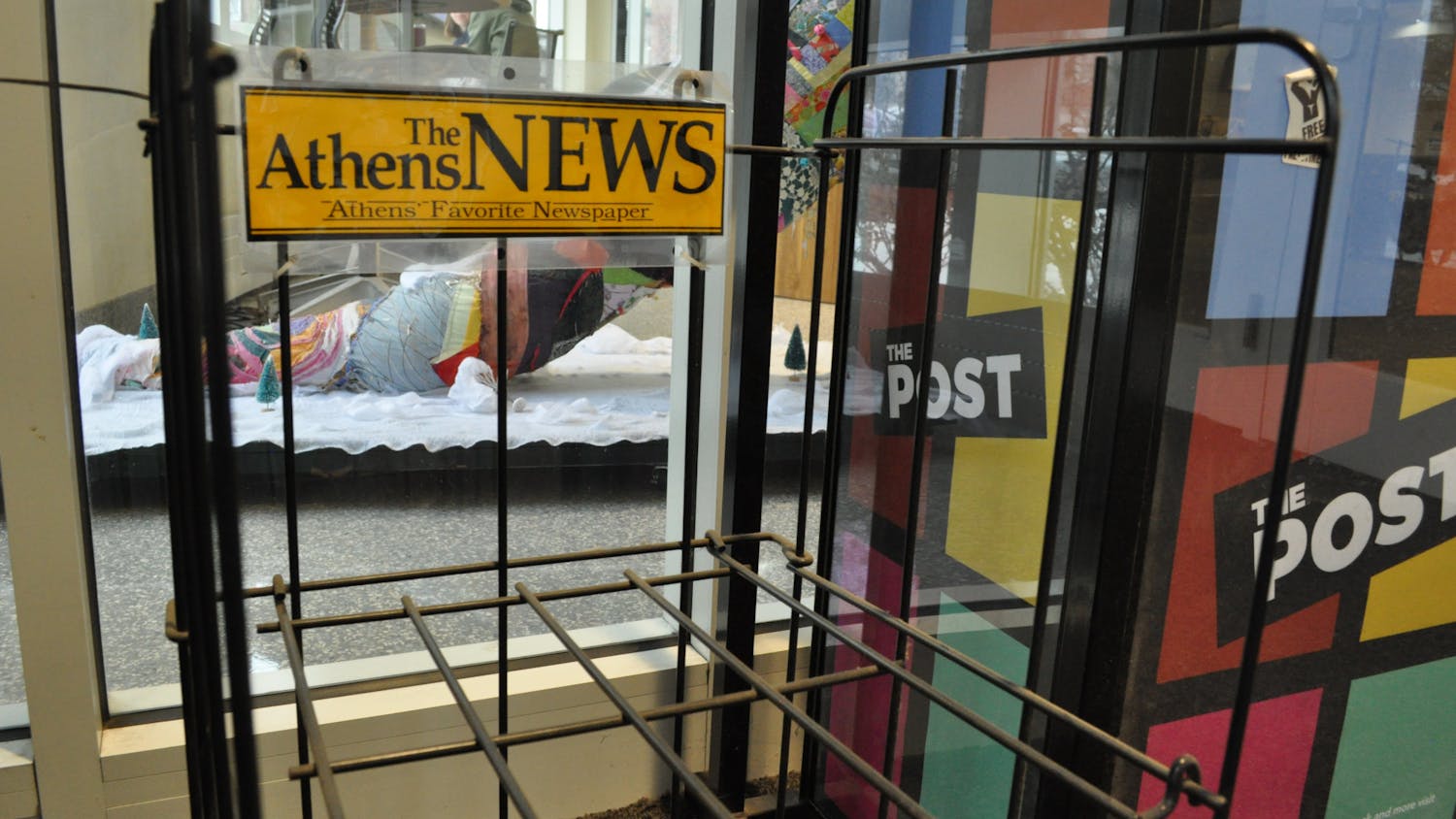Graduate Student Senate voted Tuesday on resolutions dealing with buydowns, award creation and support for locally-sourced food.
GSS passed a resolution to state its support for the locally-sourced food initiative at the university through the Farm to OHIO working group. The body also appointed Joy Kostansek, a graduate student involved in those efforts, to speak on behalf of the Senate.
“It’s an opportunity to invest in people-for-people,” Amie Musselman, department representative for education studies, said.
GSS also passed a resolution to create an award for graduate students at the student expo. Currently, there are no awards exclusively for graduate students. As a result, the award will promote visibility for grad students, GSS President Dareen Tadros said.
GSS also contributes to the whole expo, GSS Vice President Samantha Stewart said.
Tadros also said it is important to highlight the work done by graduate students. Both senators and representatives suggested award ideas.
Some of the proposed ideas included a financial award, plaque or certificate. However, an award has not been officially decided.
GSS also proposed and passed a resolution to create a working group to increase the graduate student fee buydown amount by $10. However, that buydown is only applicable to students with assistantships.
“We’re asking the university to increase that subsidy and thus decrease the amount that students would be paying out of pocket,” Brett Fredericksen, department representative for environmental and plant biology, said.
GSS is also a proponent of a five-year plan to continue to increase the graduate fee buydown.
Lastly, Deb Shaffer, vice president for finance and administration, presented to GSS about enrollment and budget issues.
Shaffer said a combination of fewer freshmen coming in every year, in addition to students graduating faster, is affecting both revenue and enrollment.
“We actually, for the first time, have been measuring three-year graduation rates,” she said.
She also said while the university has $300 million in reserves, some of that money is restricted. In addition to that, funds from the state are increasing due to large graduating classes. The university must plan for a reduction in those funds as well.






